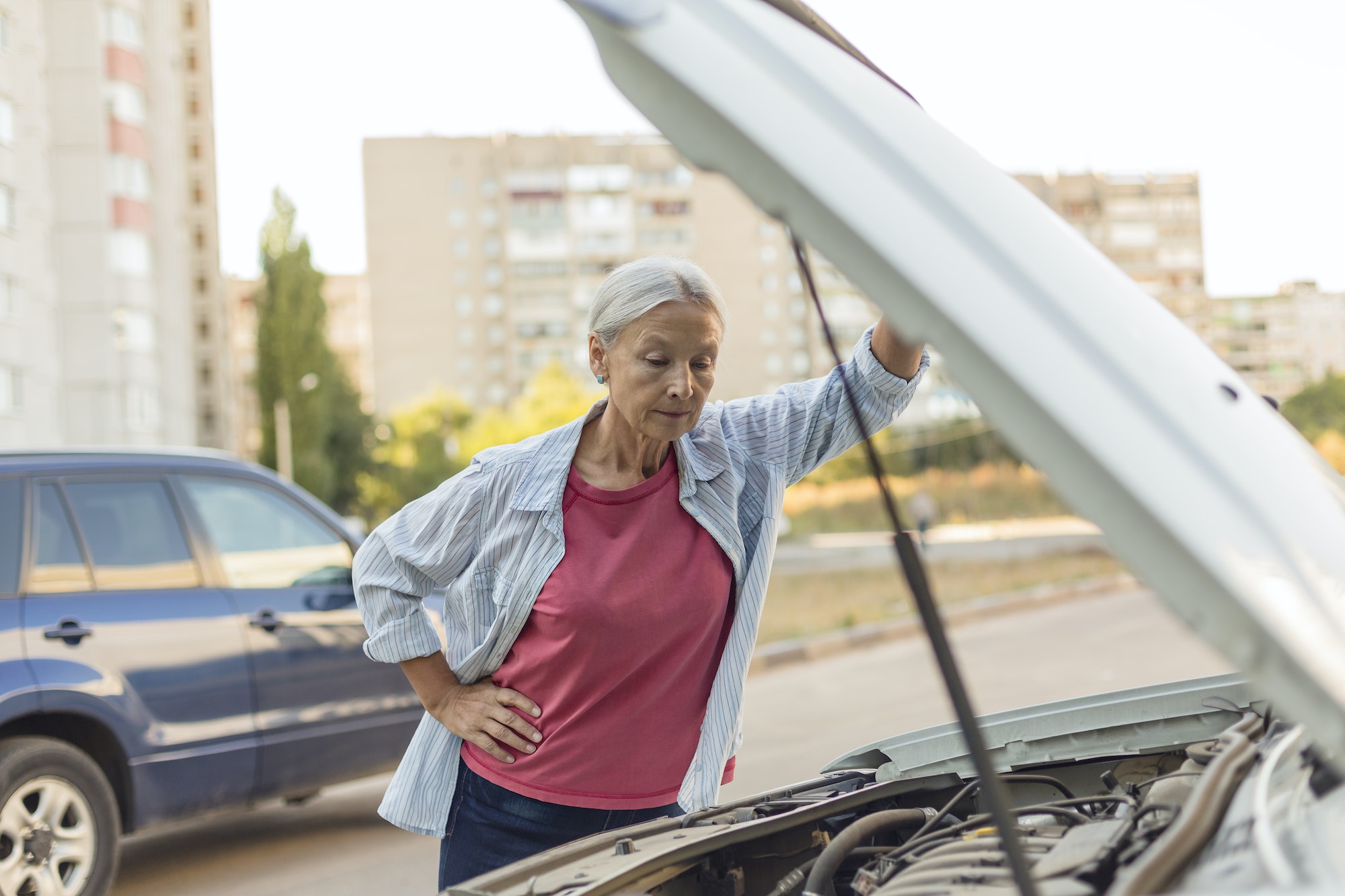What Causes Cars To Overheat & How To Avoid It
Cars are machines that are made up of many different parts, all working together to get you from point A to point B.
But like all machines, they are subject to wear and tear – and sometimes, things can go wrong. One of the most common problems cars face is overheating.
Overheating can be caused by a number of different things, and it can have disastrous consequences for your car. In this blog post, we’ll explore what causes cars to overheat and how you can avoid it.
What Causes Cars to Overheat?
There are a few different reasons that cars can overheat. The most common reason is that the cooling system isn’t working properly. This could be because the water pump isn’t working, the radiator is leaking, or there is a problem with the thermostat.
Another cause of overheating is if the engine is overworked. This could be because you’re driving in stop-and-go traffic, towing a heavy load, or climbing a long hill.
Finally, cars can also overheat if they are simply parked in hot weather for too long. This is why it’s important to never leave your car running and unattended in warm weather.
If you think your car might be overheating, pull over as soon as possible and turn off the engine. Then, call a tow truck or have someone come help you fix the problem. Trying to drive an overheated car will only make the problem worse and could cause serious engine damage?
What Are 7 Common Causes of Overheating?
There are a number of reasons why your car might overheat. Here are 7 of the most common causes:
1. Low coolant level: If your coolant level is low, it won’t be able to do its job properly and your engine will overheat.
2. Leaks: A leak in your cooling system can also cause your car to overheat. Coolant leaks are one of the most common reasons for overheating.
3. Fan problems: The fan is responsible for circulating air through the radiator and cooling the engine down. If the fan isn’t working properly, the engine will overheat.
4. Thermostat stuck closed: The thermostat regulates the flow of coolant through the engine. If it becomes stuck in the closed position, coolant will not be able to circulate and the engine will overheat.
5. Radiator clogged: The radiator needs to be clear in order for coolant to flow through it and keep the engine cool. A clogged radiator can cause overheating.
6. Water pump failure: The water pump circulates coolant through the engine and radiator. If it fails, coolant will not circulate and the engine will overheat.
7. Head gasket failure: The head gasket seals the cylinder head to the block and ensures that combustion gases don’t leak into the cooling system. If it fails, gases can enter the cooling system and cause issues due to the mixture.
What is the Fastest Way to Cool Down a Car Engine?
If your car has been running hot and you need to cool down the engine quickly, here are a few tips. First, turn on the heater to its highest setting.
This will help draw heat away from the engine. Next, turn on the fan to circulate air within the car. Finally, open the windows to allow for airflow and release any built-up heat.
If possible, drive slowly and avoid stop-and-go traffic to give the engine a chance to cool down gradually. By following these steps, you can help prevent serious damage to your car’s engine.
How to Avoid Overheating Your Car
The most common cause of car overheating is a radiator leak. A leaking radiator can cause the coolant level to drop and allow air to enter the system, preventing the coolant from circulating properly. Other causes of overheating include a faulty water pump, thermostat, or fan clutch.
There are a few key things that you can do to keep your car engine from overheating. First, make sure that you have the proper amount of coolant in your radiator.
Second, check your radiator hoses for leaks or cracks and replace them if necessary. Third, keep your engine clean by regularly changing the oil and using the appropriate type of oil for your car.
Fourth, don’t drive in extreme heat or cold weather conditions. Finally, have your car checked by a mechanic on a regular basis to ensure that it is in good working condition. By following these simple tips, you can help prevent your car engine from overheating.
What to Do If Your Car Overheats
If your car starts to overheat, it is important to take action immediately. Here are some steps you can take:
1. Pull over and turn off the engine.
2. Let the car cool down for a few minutes before opening the hood.
3. Check the radiator and add water if necessary.
4. Check for leaks in the cooling system.
5. If everything looks okay, start the engine and turn on the heater to help cool down the engine.
6. Drive slowly and avoid stop-and-go traffic until the engine has cooled down completely.
Conclusion
No one wants their car to overheat, but it can happen to even the most well-maintained vehicles. By understanding what causes cars to overheat and taking preventive measures, you can help keep your car running cooler and avoid costly repairs down the road.

